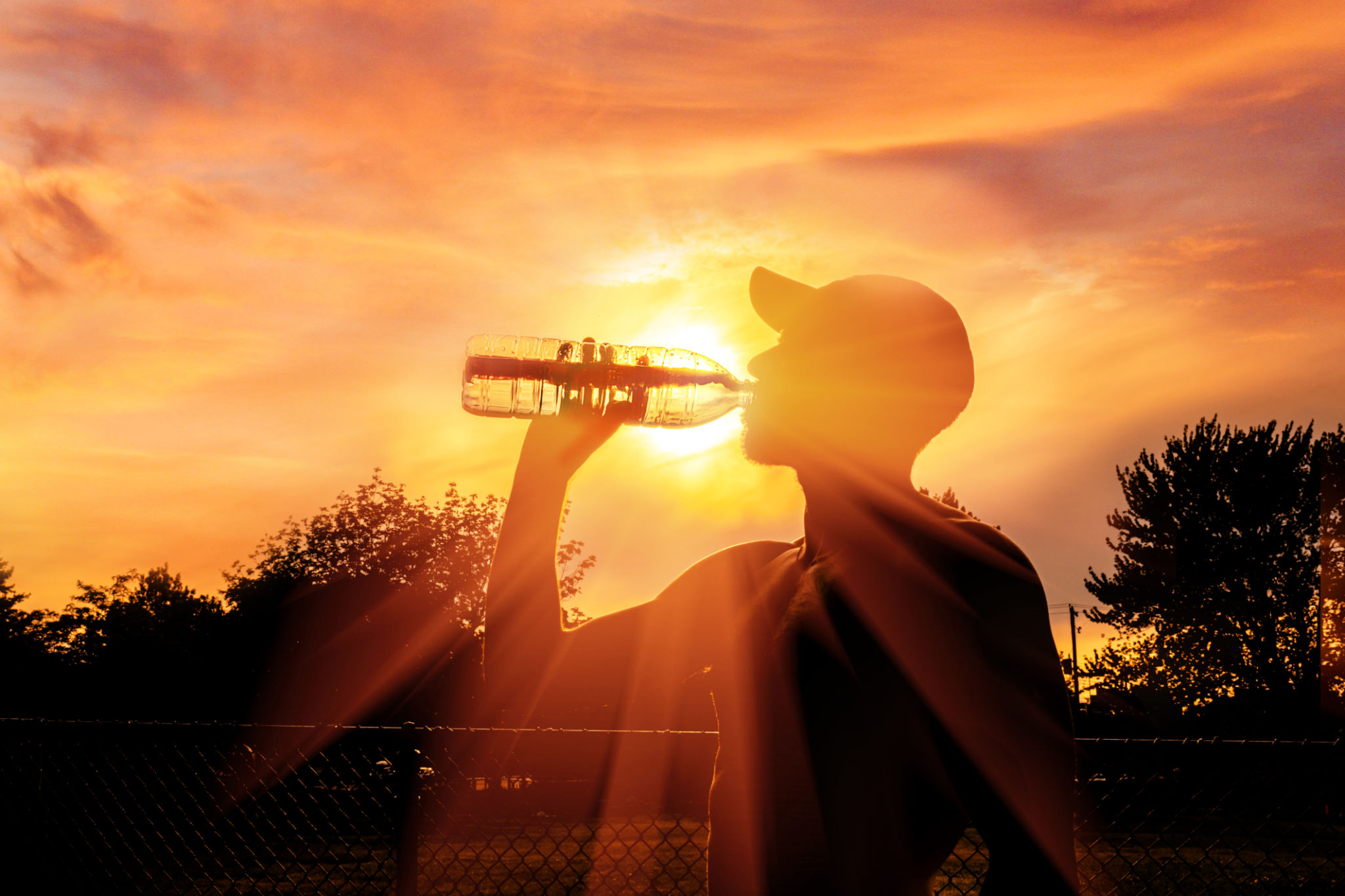How Seasonal Changes Affect Water Quality in Phoenix
Understanding Seasonal Water Quality Variations
Water quality in Phoenix, like many other regions, is subject to changes influenced by seasonal variations. These changes can affect everything from the taste and smell of water to its chemical composition. Understanding how these seasonal shifts impact water quality is crucial for residents, businesses, and local authorities.
The desert climate of Phoenix presents unique challenges in maintaining consistent water quality throughout the year. With temperature extremes and varying precipitation levels, the factors influencing water quality are as diverse as the seasons themselves.

Impact of Temperature Fluctuations
One of the most significant factors affecting water quality in Phoenix is temperature. As temperatures rise in the summer months, there is an increase in water demand and evaporation rates. This can lead to higher concentrations of minerals and salts in the water supply, affecting its taste and hardness.
Conversely, cooler temperatures in the winter can slow down biological processes in water sources. This can lead to a decrease in certain types of algae and bacteria, which might improve water clarity but also alter its natural balance.

Effects on Water Infrastructure
Seasonal temperature changes also have implications for the infrastructure that delivers water to Phoenix residents. Pipes and reservoirs may expand and contract with temperature fluctuations, potentially leading to leaks or other structural issues. Regular maintenance and monitoring are essential to ensure the delivery system remains efficient and safe.
Influence of Seasonal Precipitation
In Phoenix, precipitation levels vary significantly between seasons, with most rainfall occurring during the monsoon season from June to September. This influx of rainwater can introduce new contaminants into local water sources, including sediments and pollutants from urban runoff.
Monsoon rains can cause rapid changes in water quality by increasing turbidity and introducing debris, which can challenge filtration systems. Managing these changes requires adaptive treatment strategies to ensure that water remains safe for consumption.

Challenges of Urban Runoff
Urban runoff during heavy rains carries various contaminants like oil, chemicals, and waste into the water supply. This seasonal challenge requires robust filtration and treatment processes to maintain water quality standards. Local authorities often implement measures to minimize runoff impact by improving drainage systems and promoting responsible waste disposal.
Adapting to Seasonal Changes
To mitigate the effects of seasonal changes on water quality, Phoenix relies on a combination of modern technology and traditional practices. Advanced filtration systems are employed to address variations in mineral content and contamination levels.
Residents can also play a role by being conscious of their water usage during peak seasons and supporting community initiatives aimed at preserving water quality. Simple actions like reducing lawn watering during dry spells or properly disposing of hazardous substances can collectively make a significant difference.

The Role of Public Awareness
Educating the public about the effects of seasonal changes on water quality is vital for fostering a community that values sustainable water management. Awareness campaigns can highlight simple yet effective ways individuals can contribute to maintaining high water standards year-round.
Ultimately, understanding and adapting to the seasonal influences on Phoenix's water supply ensures that residents continue to enjoy safe, reliable access to this precious resource, no matter the time of year.